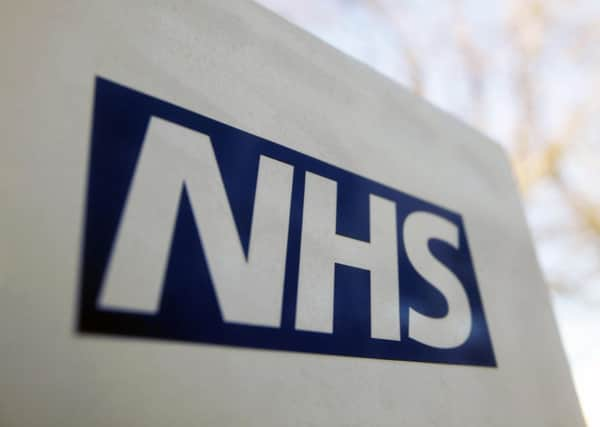Region’s NHS will miss out on Osborne’s extra cash


Nineteen out of 22 clinical commissioning groups (CCGs) in Yorkshire will receive an uplift of 1.94 per cent in 2015-16 - the minimum increase being awarded in England.
In contrast, Bromley in Kent gets nearly four times as much, with an extra 7.4 per cent in funding, Bedfordshire receives an additional 7.3 per cent and Oxfordshire - home to Prime Minister David Cameron - will get 6.6 per cent, according to figures published by NHS England yesterday.
Advertisement
Hide AdAdvertisement
Hide AdCCGs in Bradford will get around 3.5 per cent extra, with a further 2.1 per cent in North Lincolnshire.
The switch of funding South follows a change in the NHS funding formula ordered by Ministers, which reduces the amounts given to areas with worse health inequalities.
Only a fraction of the £2bn extra announced by Mr Osborne will be directed at frontline services in Yorkshire. The uplift in the region is less than last year’s 2.14 per cent increase and compares with a national average increase of 3.7 per cent.
CCGs pay for around two thirds of NHS services with budgets totalling £67bn next year.
Advertisement
Hide AdAdvertisement
Hide AdNHS England said £1bn of the extra funding was being directed at areas where “health needs are greatest”, where the population was growing rapidly and “where services are under greatest pressure”.
But it said spending on GP care would increase at a higher rate than other local health services and health chiefs would be expected to direct more funding at mental health services.
Chief executive Simon Stevens said: “Today we are allocating extra cash for towns, cities and villages across England to help the local NHS meet the rising demands and changing needs of the patients we’re all here to serve.”
David Flory, chief executive of the NHS Trust Development Authority, which regulates around 99 NHS trusts, said: “NHS providers are under pressure and we know that will continue in 2015-16. The additional funding is welcome, both to relieve ongoing pressure on the system and to create the foundations for future transformation.”